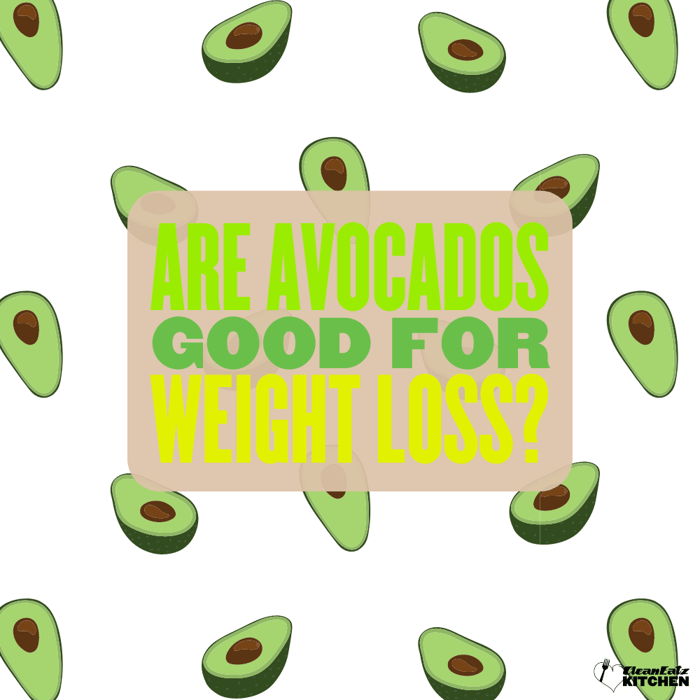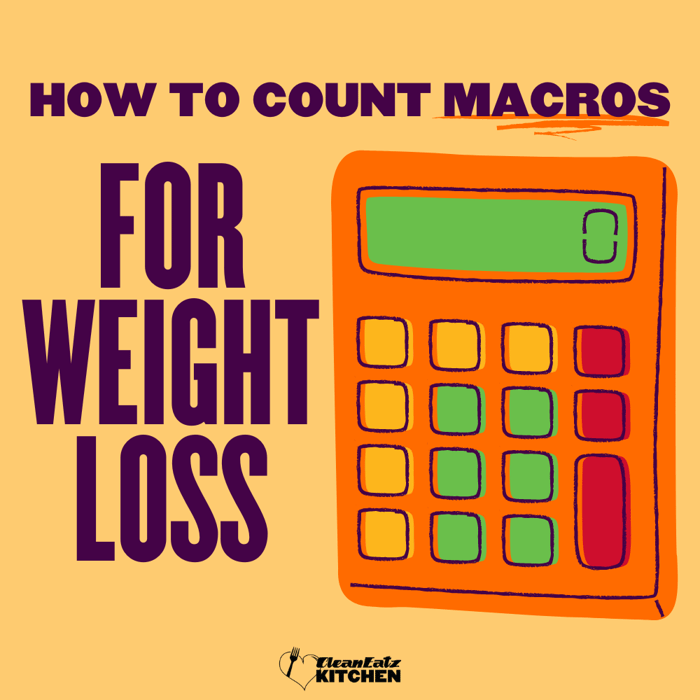Are Avocados Good for Weight Loss? Benefits, Calories & Portions

Diana Ketchen
09/29/2025 1:20pm
4 minute read
What the evidence says
- Large RCT (6 months, n≈1,000): Adding one avocado/day to people’s normal diets did not reduce visceral belly fat or body weight versus control, but slightly improved LDL cholesterol and overall diet quality. Translation: avocados aren’t a “fat-loss hack” by themselves; results depend on total calories and what they replace.1, 4
- Cholesterol benefits in controlled diets: When avocados replace saturated-fat sources inside heart-healthy menus, trials report improvements in LDL (including oxidized/small-dense LDL).5, 6
- Satiety signals: In a randomized crossover meal test, adding ~½ Hass avocado increased post-meal satisfaction and reduced desire to eat for several hours (calories were higher, so use as a swap, not an “add”).7
- Observational clues: U.S. adults who report eating avocados tend to have better overall diet quality and smaller waists—but associations don’t prove cause and effect.8
- Heart-healthy pattern fit: Guidance favors replacing saturated fats with unsaturated fats (like those in avocado) within an overall calorie-appropriate pattern (Mediterranean/DASH-style).2
How to use avocados for weight loss
- Swap, don’t stack: Replace butter/cheese/mayo with avocado on toast, bowls, tacos, or sandwiches. Keep the meal’s total calories similar (or lower).
- Pair with protein & fiber: Combine with eggs, chicken, fish, beans, or tofu to boost fullness. See our high-protein guide and Nutrition Info for macro targets.
- Portion smart: Start with 50–100 g (≈⅓–½ medium), then adjust based on your daily calorie goal. Track loosely for a week to calibrate—our calorie-goal guide helps.
- Watch the “delivery system”: Guac is great; a mountain of chips is not. Opt for veggie dippers or whole-grain toast to control calories.
- Build a routine: Use pre-portioned meals to reduce decision fatigue (browse CEK meal plans) and add protein-forward snacks between meals as needed.
Serving sizes, calories & macros
- Per 100 g raw avocado: ~160 kcal, 15 g fat (mostly monounsaturated), 8.5 g carbs, 6.7 g fiber, ~2 g protein.3
- Common portions: 50 g (≈⅓ medium) ≈ 80 kcal; 100 g (≈generous ⅓–½ medium) ≈ 160 kcal. Avocado size varies—measure once or twice to learn your typical half.
- Energy density: Despite the creamy feel, avocado pulp is ~70% water and classed as medium energy-density (~1.6–1.7 kcal/g)—higher than watery fruit, much lower than nuts or oils.7
FAQs
Do avocados burn belly fat?
No food “targets” belly fat. In a 6-month RCT, adding one avocado daily without other changes didn’t reduce visceral fat vs. control. Fat loss comes from a consistent calorie deficit plus activity.1
Are avocados too high in calories for weight loss?
They’re calorie-dense, but portioned swaps work well: use 50–100 g in place of butter/cheese or as your meal’s fat. Aim for overall calorie control and protein/fiber at each meal.2, 3
Is avocado toast healthy?
Yes, if balanced: whole-grain bread + 50–100 g avocado + an egg or smoked salmon + veggies. Fit it into your daily calories. For easy builds, check our meal plans and macro info.
What about keto or low-carb?
Avocados are naturally low in net carbs and high in MUFA and fiber, so they fit most low-carb approaches. Weight change still depends on overall calorie balance.
References
- Lichtenstein AH et al. Effect of Incorporating 1 Avocado per Day on Visceral Adiposity. J Am Heart Assoc. 2022. PubMed | PMC.
- AHA 2021 Dietary Guidance for Cardiovascular Health—replace saturated fats with unsaturated sources. Circulation.
- USDA FoodData Central—Avocados, raw (per 100 g): ~160 kcal; 6.7 g fiber. Database.
- Petersen KS et al. One Avocado per Day as Part of Usual Intake Improves Diet Quality. Curr Dev Nutr. 2024. Article.
- Wang L et al. Moderate-fat diet with 1 avocado/day lowers LDL-C vs. similar fat without avocado. J Am Heart Assoc. 2015. PubMed.
- Wang L et al. One avocado/day decreases oxidized LDL and small-dense LDL. J Nutr. 2019. PubMed.
- Wien M et al. Half a Hass avocado at lunch increases satiety for several hours. Nutrition Journal. 2013. Full text.
- Fulgoni VL et al. Avocado consumers have better diet quality and smaller waists (NHANES). Nutrition Journal. 2013. Full text.
Educational content only; not medical advice.
Related Articles
How to Count Macros for Weight Loss
7 minute read
What Are Isometric Exercises?
4 minute read



